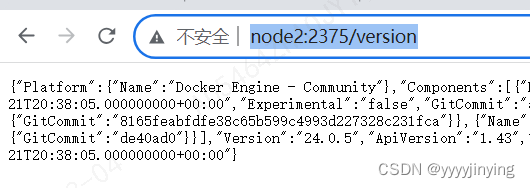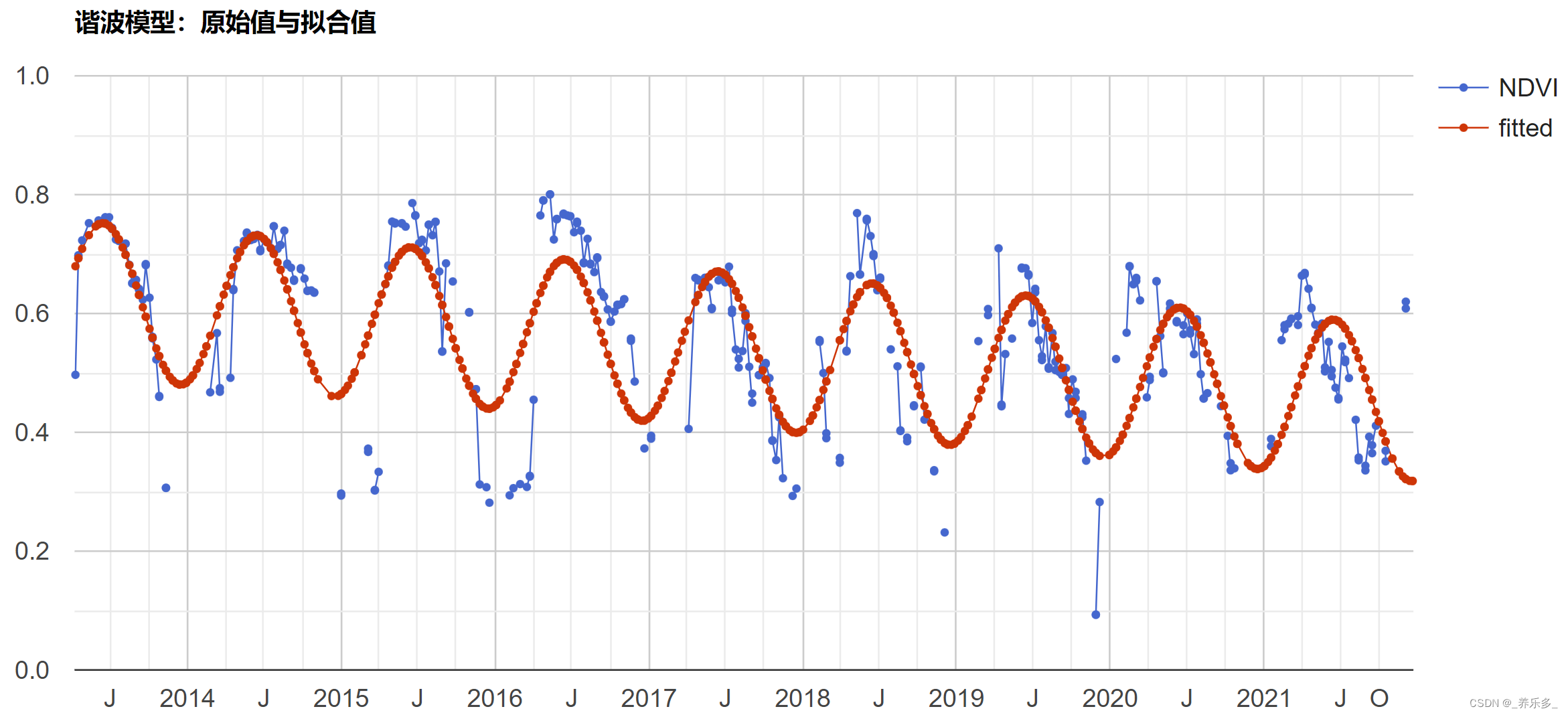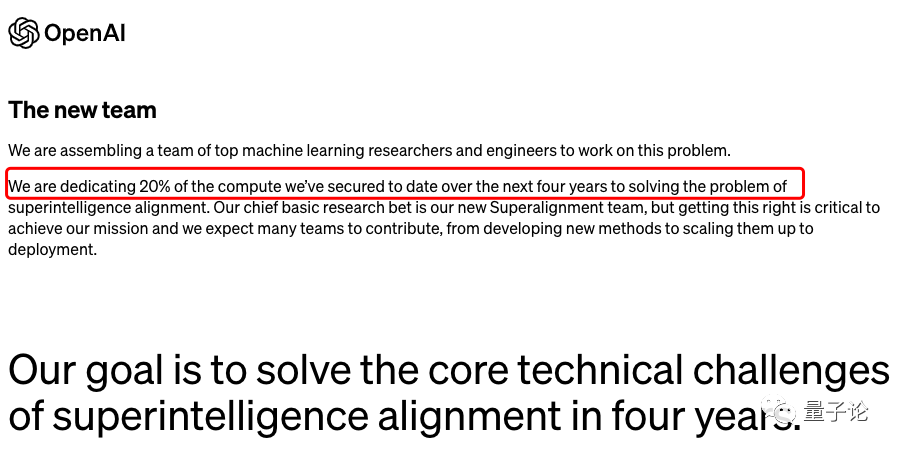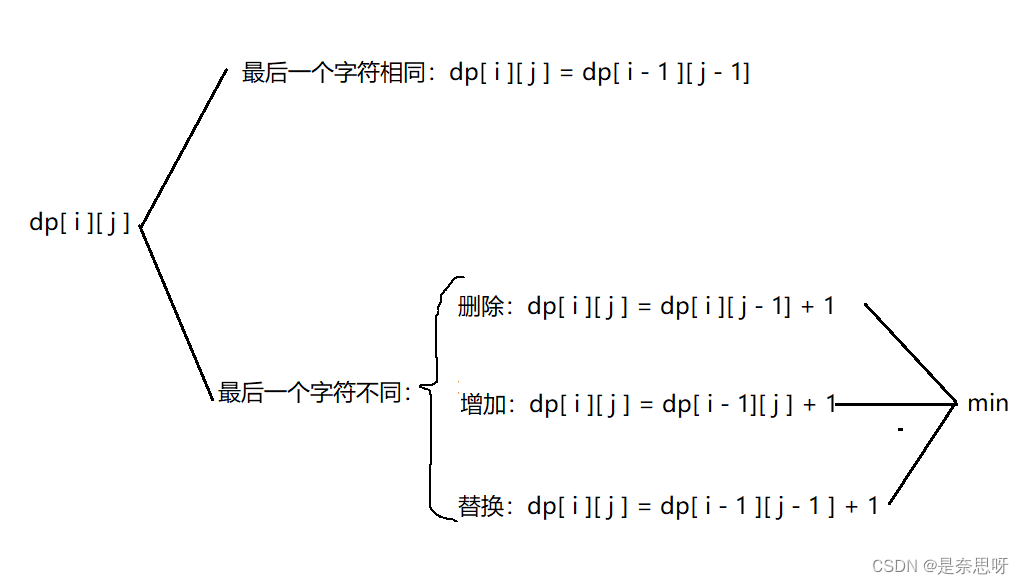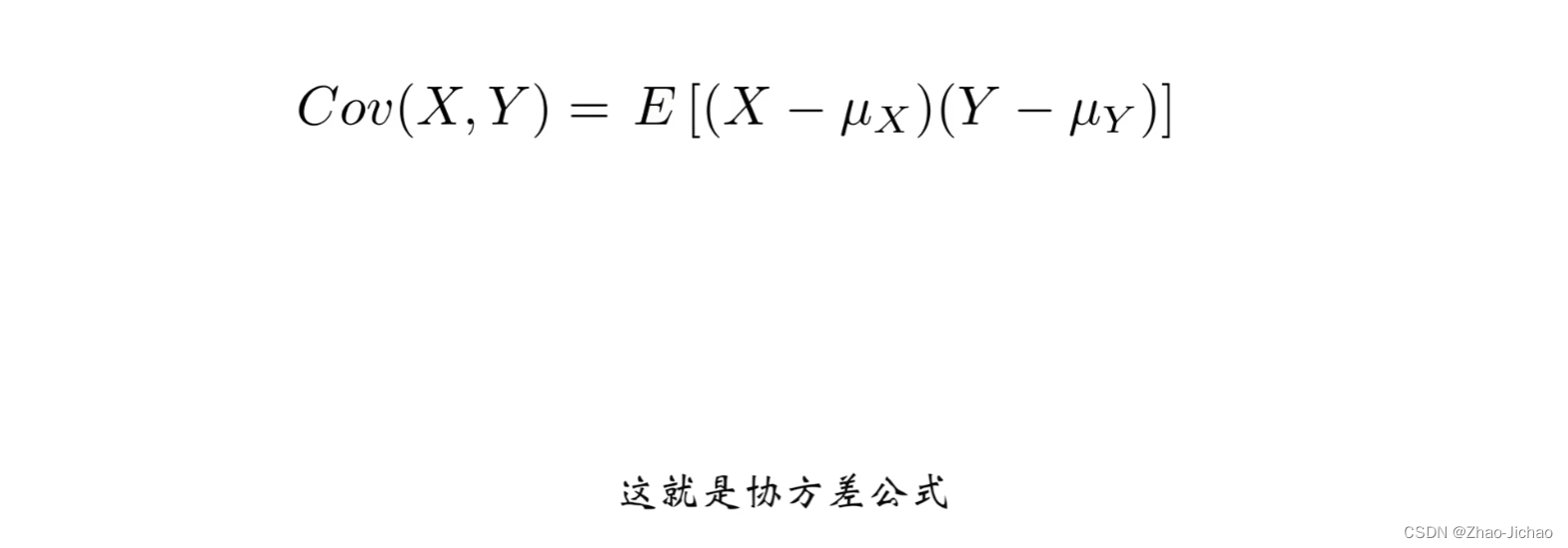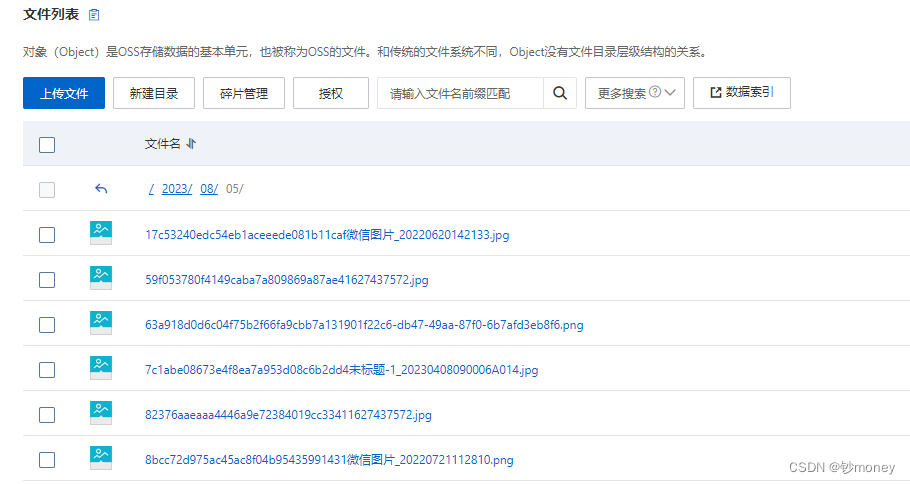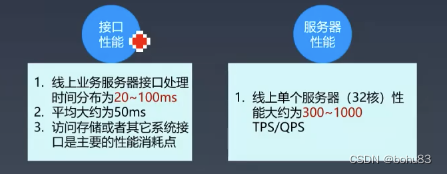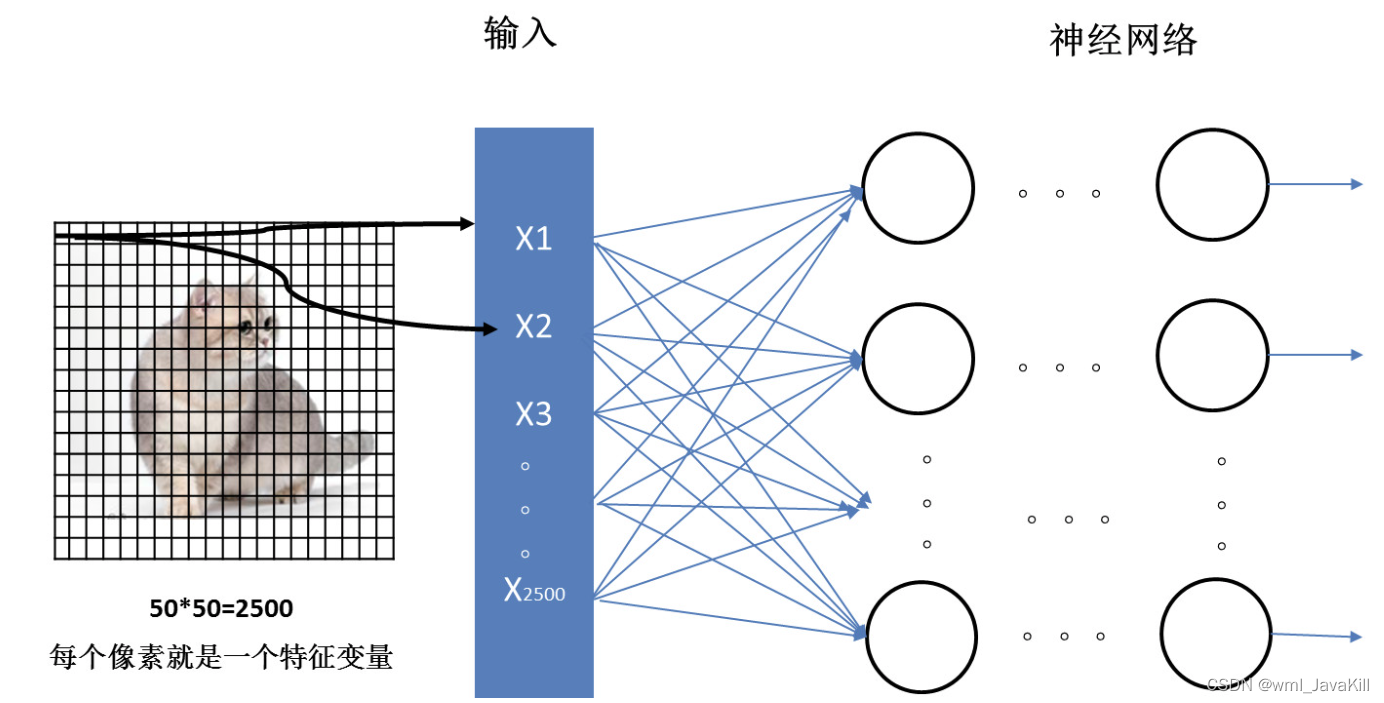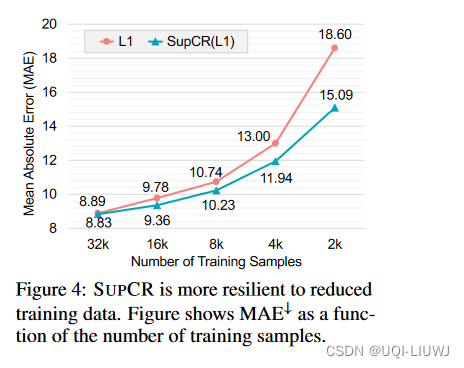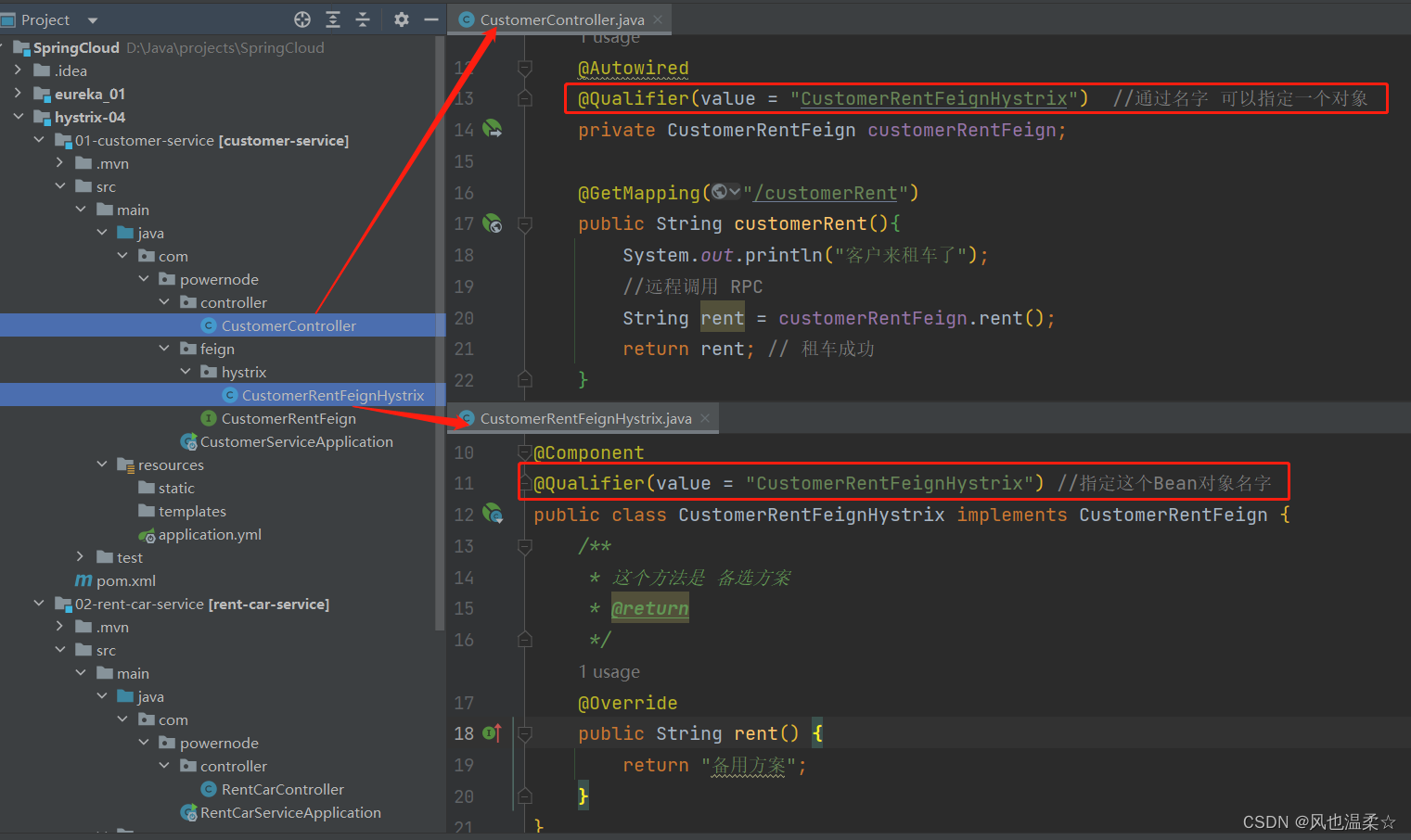前言🍭
❤️❤️❤️SSM专栏更新中,各位大佬觉得写得不错,支持一下,感谢了!❤️❤️❤️
Spring + Spring MVC + MyBatis_冷兮雪的博客-CSDN博客
终于到了MyBatis最后一篇,这篇讲的是动态SQL的使用。
复杂情况:动态SQL使用🍭
动态 SQL 是Mybatis的强大特性之⼀,能够完成不同条件下不同的 SQL 拼接。 可以参考官方文档:mybatis – MyBatis 3 | 动态 SQL
一、<if>标签🍭
在注册用户的时候,可能会有这样⼀个问题,有的信息是必填,有的是选填,那如果在添加⽤户的时候有不确定的字段传入,程序应该 如何实现呢?
这个时候就需要使用动态标签 <if> 来判断了,比如添加的时候性别 sex 为非必填字段,具体实现如下:
<insert id="insert">
insert into user(
username,
password,
<if test="sex != null">
sex,
</if>
birthday,
head
) values (
#{username},
#{password},
<if test="sex != null">
#{sex},
</if>
#{birthday},
#{head}
)
</insert>需要注意 test 中的 sex,是传入对象中的属性,不是数据库字段。而且if标签都是成对出现的
二、<trim>标签🍭
之前的插入用户功能,只是有⼀个 sex 字段可能是选填项,如果所有字段都是非必填项,就考虑使用<trim>标签结合<if>标签,对多个字段都采取动态生成的方式。
<trim>标签中有如下属性:
- prefix:表示整个语句块,以prefix的值作为前缀
- suffix:表示整个语句块,以suffix的值作为后缀
- prefixOverrides:表示整个语句块要去除掉的前缀
- suffixOverrides:表示整个语句块要去除掉的后缀
调整 UserMapper.xml 的插入语句为:
<insert id="insert">
insert into user
<trim prefix="(" suffix=")" suffixOverrides=",">
<if test="username != null">
username,
</if>
<if test="password != null">
password,
</if>
<if test="sex != null">
sex,
</if>
<if test="birthday != null">
birthday,
</if>
<if test="head != null">
head,
</if>
<if test="createTime != null">
create_time,
</if>
</trim>
<trim prefix="values (" suffix=")" suffixOverrides=",">
<if test="username != null">
#{username},
</if>
<if test="password != null">
#{password},
</if>
<if test="sex != null">
#{sex},
</if>
<if test="birthday != null">
#{birthday},
</if>
<if test="head != null">
#{head},
</if>
<if test="createTime != null">
#{createTime},
</if>
</trim>
</insert>在以上 sql 动态解析时,会将第⼀个 <trim> 部分做如下处理:
- 基于 prefix 配置,前缀部分加上 (
- 基于 suffix 配置,后缀部分加上 )
- 多个 <if>组织的语句都以 , 结尾,在最后拼接好的字符串还会以 , 结尾,会基于 suffixO verrides 配置去掉最后⼀个 ,
- 注意 <if test=“createTime != null”> 中的 createTime 是传入对象的属性,不是数据库字段
三、<where>标签🍭
传入的用户对象,根据属性做 where 条件查询,用户对象中属性不为 null 的,都为查询条件。如user.username 为 "a",则查询条件为 where username="a":
UserMapper:
List<User> selectByCondition(User user);UserMapper.xml:
<select id="selectByCondition" parameterType="com.example.ssmdemo1.entity.Userinfo" resultMap="baseMap">
select id, username, password, nickname, sex, birthday, head, create_time from user
<where>
<if test="username != null">
and username=#{username}
</if>
<if test="password != null">
and password=#{password}
</if>
<if test="sex != null">
and sex=#{sex}
</if>
<if test="birthday != null">
and birthday=#{birthday}
</if>
<if test="head != null">
and head=#{head}
</if>
<if test="createTime != null">
and create_time=#{createTime}
</if>
</where>
</select>四、<set>标签🍭
根据传入的用户对象属性来更新用户数据,可以使用<set>标签来指定动态内容。
UserMapper 接口中修改用户方法:根据传入的用户 id 属性,修改其他不为 null 的属性:
int updateById(User user); UserMapper.xml 中添加更新用户 SQL:
<update id="updateById" parameterType="com.example.ssmdemo1.entity.Userinfo">
update user
<set>
<if test="username != null">
username=#{username},
</if>
<if test="password != null">
password=#{password},
</if>
<if test="sex != null">
sex=#{sex},
</if>
<if test="birthday != null">
birthday=#{birthday},
</if>
<if test="head != null">
head=#{head},
</if>
<if test="createTime != null">
create_time=#{createTime},
</if>
</set>
where id=#{id}
</update>以上<set>标签也可以使用 <trim prefix="set" suffixOverrides=","> 替换。
五、<foreach>标签🍭
对集合进⾏遍历时可以使用该标签。<foreach>标签有如下属性:
- collection:绑定方法参数中的集合,如 List,Set,Map或数组对象
- item:遍历时的每⼀个对象
- open:语句块开头的字符串
- close:语句块结束的字符串
- separator:每次遍历之间间隔的字符串
示例:根据多个文章 id 来删除文章数据。
ArticleMapper 中新增接口方法:
int deleteByIds(List<Integer> ids);ArticleMapper.xml 中新增删除 SQL:
<delete id="deleteByIds">
delete from article where id in
<foreach collection="list" item="item" open="(" close=")" separator=",">
#{item}
</foreach>
</delete>单元测试代码,删除id为5和6的用户:
@Test
void deleteByIds() {
List<Integer> ids=new ArrayList<>();
ids.add(5);
ids.add(6);
int result=userMapper.deleteByIds(ids);
System.out.println("删除:"+result);
}六、choose-when-otherwise🍭
类似于Java中的switch语句,根据不同条件选择不同的SQL片段。
<select id="getUserList" resultType="User">
SELECT * FROM users
<where>
<choose>
<when test="status != null">
AND status = #{status}
</when>
<when test="name != null and name != ''">
AND name = #{name}
</when>
<otherwise>
AND active = 1
</otherwise>
</choose>
</where>
</select>
动态SQL是MyBatis的一个重要特性,它允许你在SQL语句中根据条件动态地添加、修改或删除语句片段,以便更灵活地构建SQL查询和更新操作。
上面这些示例只是MyBatis动态SQL的一小部分用法。你可以根据自己的需求和情况,结合使用这些特性来构建更灵活、可维护的数据库操作语句。记得阅读MyBatis的官方文档以深入了解动态SQL的更多用法和细节。

